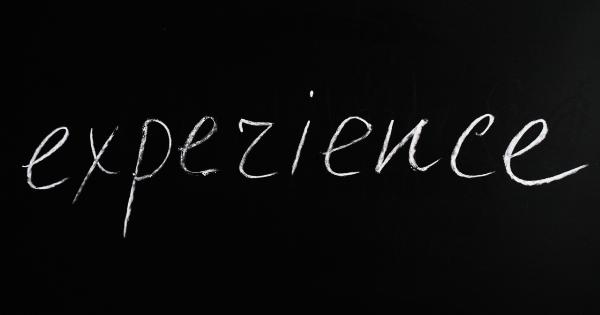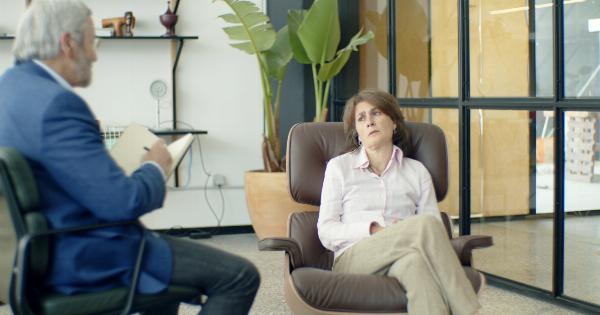Music is one of the most important and popular forms of art across the world, favored by millions of people. As technology has advanced, so has the way we listen to and create music.
Euroson School, one of the leading music schools in Europe, is paving the way for the future of music by offering innovative courses that explore the latest trends.
The Changing Landscape of Music
The music industry has undergone a significant transformation in the last few decades, in terms of how music is created, consumed and distributed.
Digital technology has enabled musicians to create and share music like never before, while the rise of streaming services has made it easier for people to access music.
With technology continuing to evolve quickly, the future of music looks more exciting than ever.
Euroson School recognizes the importance of staying ahead of the curve, which is why it is constantly exploring ways to keep its students ahead of the game.
Virtual Reality and Music
Virtual reality technology has made huge strides in recent years, and it is starting to have a significant impact on the way music is experienced.
Euroson School is at the forefront of exploring the relationship between virtual reality and music, preparing its students for the future by teaching them how the two can be combined to create unique and immersive experiences.
The possibilities with virtual reality are endless. Imagine being able to attend a concert from the comfort of your own home, or fully immerse yourself in a music video.
With VR technology continuing to improve, Euroson School is well-positioned to ensure that its students are equipped to experiment in this exciting and rapidly-evolving sector.
Artificial Intelligence and Music Production
Artificial intelligence has already had a significant impact on the music industry, particularly in the area of music production. AI tools are now capable of creating music that sounds like it was composed by humans, with great accuracy.
While some may argue that this may threaten the role of traditional musicians, Euroson School sees AI as an opportunity to expand the possibilities of music production, not replace them.
It is important to note that AI will not be able to replace the human touch, such as the sheer creativity and imagination of musicians.
Rather, AI will enhance and complement the creative process, and Euroson School is leading the way in exploring the potential of AI and music production.
Music and Neuroscience
Music has always had a profound impact on human emotions and behavior.
Neuroscientists have highlighted that the brain responds to certain types of music by releasing specific chemicals, such as dopamine and serotonin, which can influence mood and behavior.
With Euroson School’s course on Music and Neuroscience, students can explore the interaction between music and the brain.
They will look at how music affects the brain, how the brain processes music, and how music can be used therapeutically to treat conditions such as anxiety and depression.
Music and Sustainability
As concerns about climate change continue to grow, the music industry is starting to explore more sustainable and eco-friendly ways of producing music.
Euroson School offers a course on Music and Sustainability, looking at the role music can play in creating a more sustainable world.
As part of the course, students are exposed to different perspectives on sustainability in the music industry, and explore the various ways in which sustainability can be prioritized in the music-making process.
Students also examine the environmental impact of music consumption, and explore ways to minimize carbon emissions through sustainable music streaming and concert practices.
Conclusion
Euroson School is leading the way in preparing students for the future of music.
With its focus on emerging technologies, neuroscience, and sustainability practices, Euroson School is keeping its students ahead of the curve and preparing them for a rapidly-evolving music industry.





























